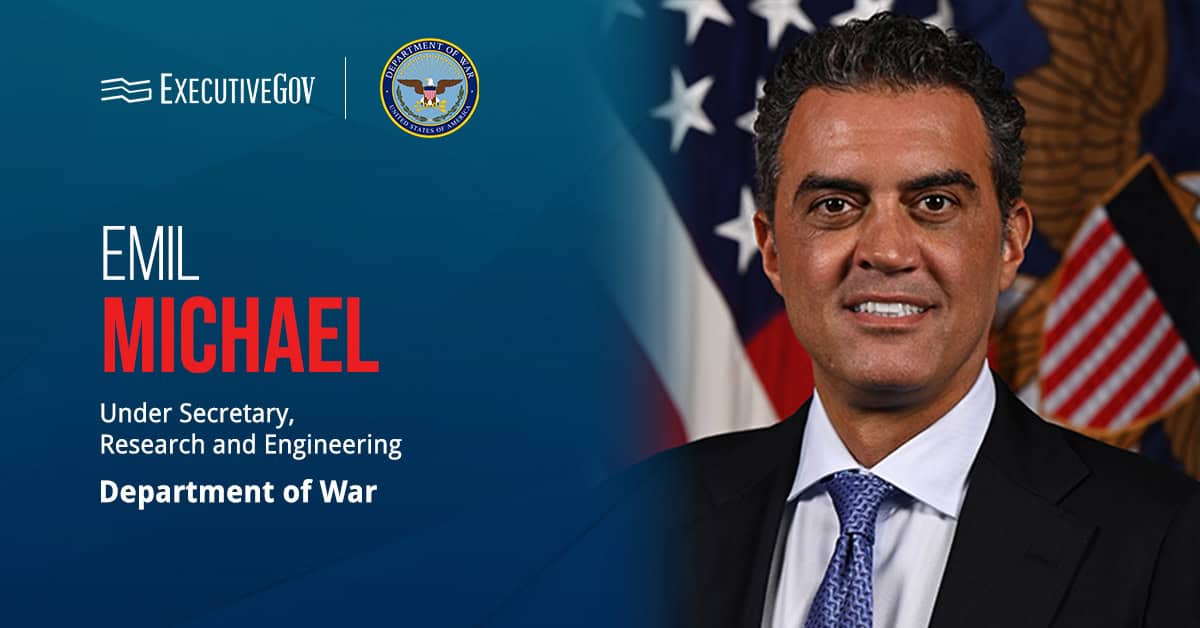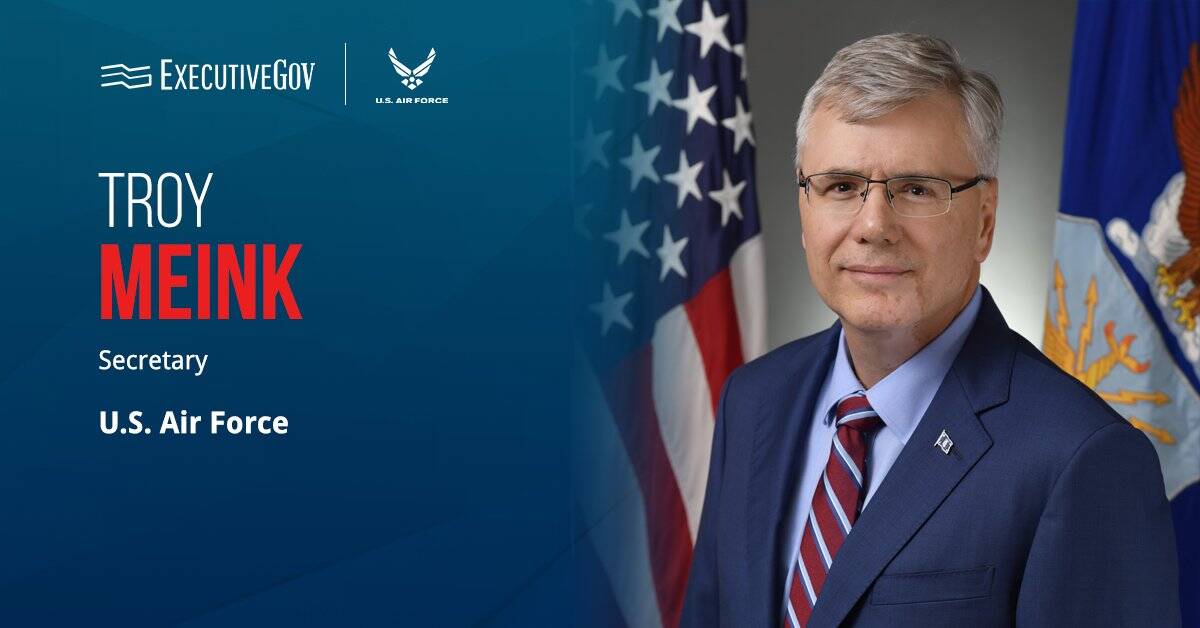 Rep. Mike Coffman, R.-Colo., has said the U.S. Air Force should expand its current fleet by procuring a light attack platform that can support strike missions.
Rep. Mike Coffman, R.-Colo., has said the U.S. Air Force should expand its current fleet by procuring a light attack platform that can support strike missions.He wrote in an opinion piece published Sunday on Air Force Times that such vehicle has the potential to target hostile adversaries who do not employ anti-aircraft tools and mechanisms.
Coffman, a U.S. Marine Corps veteran, proposed a measure for inclusion in the fiscal 2019 National Defense Authorization Act that would help the service branch pursue light attack aircraft procurement and deployment efforts.
He added the aircraft should include a system designed to deliver rockets and bombs, an airframe built to withstand small-arms fire and a capability to operate from an unimproved airfield or an austere location.





